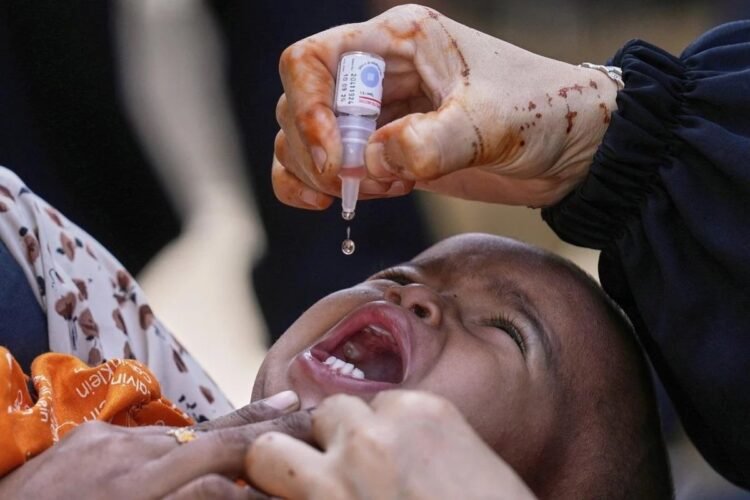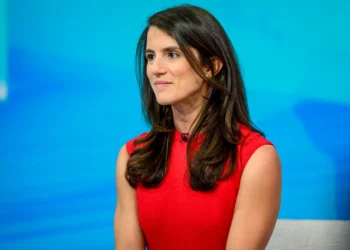Vaccine Campaign Faces Cultural Resistance and Operational Failures
For years, frontline workers like Sughra Ayaz have gone door to door vaccinating children against polio. However, despite global funding and repeated campaigns, polio eradication in Pakistan and Afghanistan remains elusive.
Ayaz reports that some workers mark children as immunized without giving them any vaccine. In addition, many teams store doses improperly, which lowers their effectiveness. These errors, combined with mistrust and outdated strategies, continue to undermine polio eradication in Pakistan and Afghanistan.
Vaccine Resistance and Cultural Barriers
The poliovirus still circulates in Pakistan and Afghanistan—the only two countries with ongoing transmission. Cultural beliefs, religious concerns, and logistical hurdles make progress difficult.
For example, many families believe the oral vaccine causes infertility. Others simply ask for food, clean water, or basic healthcare. In conservative households, male relatives often block vaccination, especially when women vaccinators visit.
Meanwhile, Ayaz describes how some workers use “fake finger marking” to pretend a child has been vaccinated. “There is so much pressure,” she said, highlighting the burden on ground teams.
Oral Vaccine Risks Spark Debate
The oral polio vaccine has helped immunize over three billion children. Still, it carries rare but serious risks. In areas with low coverage, the live virus can mutate and cause new outbreaks. Experts estimate one paralysis case per 2.7 million doses.
Despite this, officials like Dr. Tom Frieden argue that oral drops are still essential. “There’s no eradication without it,” he said. Nevertheless, many experts now call for a shift toward injectable vaccines.
Funding, Fear, and Fatalities
The global initiative has spent over $20 billion. In Pakistan alone, $1 billion went into the campaign over five years, yet results remain limited. Militants have killed more than 200 vaccinators and guards, targeting teams seen as Western proxies.
As a result, public trust is fading. In places like Karachi, locals question why the government focuses on polio rather than addressing drug addiction, poor sanitation, or hunger.
Dr. Zulfiqar Bhutta, who advises WHO and the Gates Foundation, says the campaign must change. “Blindly repeating the same methods won’t work,” he warned. “We must rethink how we engage communities and adapt our approach.”

 English
English



























































